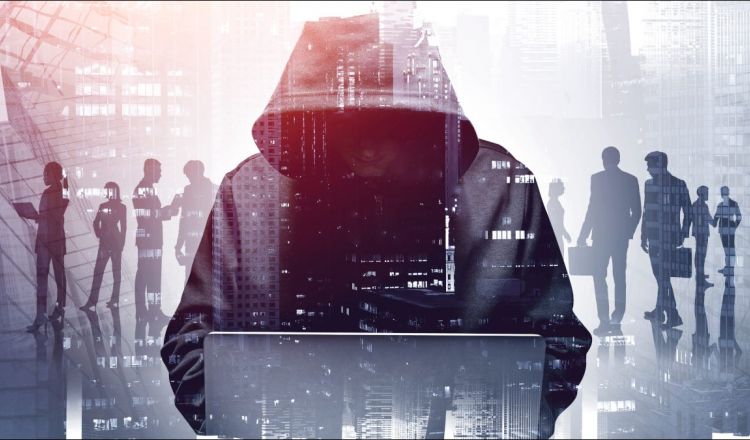2FA is, at its most basic, an identity verification software. If you (or the threat actor) enter the correct password to your account, 2FA will kick in and require you to verify your identity, most often by entering a series of random numbers or letters sent to you via SMS (cellphone texts) or by an app.
You can (and should) use 2FA for all of your accounts, Amazon, eBay, Nintendo, Twitter, Reddit, Instagram, and any other account you may have.
RELATED: What Is Two-Factor Authentication, and Why Do I Need It?
Double-Check That Link Before You Click
Phishing is one of the most common forms of cyber attack. Phishing is a form of cyberattack that is delivered mainly by email, but also by SMS. The threat actor tries to entice you to click a bogus link that will take you to a website that’s masquerading as an official entity, or even download a virus on your device.
Before you click any link, double-check that it’s the true source you want to visit. The difference can be as minor as “arnazon.com” and “amazon.com”.
RELATED: How to Spot a Text Message Scam
Use a VPN When On Public Wi-Fi
Public Wi-Fi is a great thing in a pinch, but it’s not a good idea to connect to a public Wi-Fi network unless you absolutely have to. If you do connect to a public Wi-Fi network, make sure you connect to a VPN. Otherwise, your traffic may be exposed to anyone on that network.
ADVERTISEMENTWorse yet, if you send any sensitive data across the network without encryption (like HTTPS), that data could be intercepted by the network operator or other people on the network. It’s never a good idea to send sensitive data over unencrypted HTTP, but it’s especially dangerous to do so on a public Wi-Fi network.
The best solution is to do those sensitive tasks from your own private network. If you’re in public and have to do something urgent, use your cellular data to play it safe. If that’s not an option, it’s a good idea to connect to a VPN, even though public Wi-FI is safer than it used to be.
RELATED: How to Choose the Best VPN Service for Your Needs
Keeps Apps and Devices Up-to-Date
App and device updates aren’t just for bringing you cool new features; they also often provide important security patches. No matter the device–phone, laptop, apps, or even your NAS–make sure you always keep them up to date so you don’t get hit with malware or zero-day exploits. These security patches are important, so don’t be caught without them.
Don’t Jailbreak Your iPhone
Hackers find security holes in the iPhone’s iOS operating system, and then take advantage of those security holes to take control over iOS. This is known as jailbreaking. The hacker then brings this jailbreaking tool to the public for download, which you may be tempted to do.
When you jailbreak your phone, not only are you potentially making your phone unstable, but you’re opening your device up to malicious attacks from threat actors who are also taking advantage of this exploit.RELATEDWhy You Shouldn’t Jailbreak Your iPhone
If you feel you need to jailbreak your iPhone, you should probably just buy an Android.
Don’t Store Sensitive Info on Your Phone (and Always Use a Passcode Lock)
As we mentioned, cyberattacks don’t always happen on the other side of the screen. If you lose your phone and someone finds it, or if someone gains physical access to your phone, and your personal information is stored on that phone, you’re vulnerable.
Always use a passcode lock to prevent threat actors from accessing your phone, but it’s a good idea to never store any information you don’t want to be exposed to the public on your phone. This includes passwords, personal information, and sensitive photos.
Use Privacy-Focused Apps
Using privacy-focused apps may not only help prevent you from being a victim of cybercrime, but it also allows you to protect your personal information from being captured, such as your contacts, browsing history, ad interactions, and more.
There’s a large number of privacy-centered software for you to replace the mainstream programs that you’re used to. Here are some suggested apps:
- Browser: Firefox or Brave
- Email service provider: ProtonMail
- Search Engine: DuckDuckGo or Startpage
- Messaging app: Signal
These are just a few tips out of many to keep you protected. The only person who can keep you protected is you. Be mindful of everything you do online, be wary of “too-good-to-be-true” deals, double-check links, and even be mindful of your surroundings. Stay safe!










